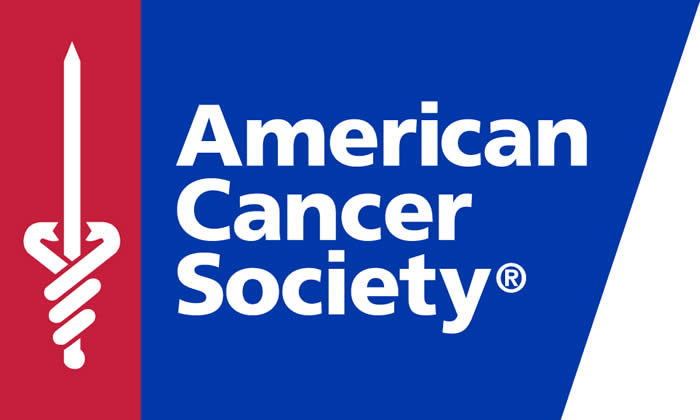One-Year Anniversary of United Nations Meeting on NonCommunicable Diseases Leading Health Organizations Cite Progress
(3BL Media) Washington, DC – September 25, 2012 – One year ago today, the United Nations held a High-Level Meeting on non-communicable Diseases. Only the second meeting ever convened by the U.N. on a health issue, the conference was attended by John Seffrin, Ph.D., CEO of the American Cancer Society; Larry Hausner, CEO of the American Diabetes Association; and Nancy Brown, CEO of the American Heart Association.
The meeting helped to elevate the importance of non-communicable diseases, or NCDs – including cancer, diabetes, cardiovascular diseases and chronic respiratory diseases – on the global health agenda. It also resulted in the U.N. unanimously adopting the Political Declaration of the High-Level Meeting of the General Assembly on the Prevention and Control of Non-Communicable Diseases that charted the course for international action.
The three CEOs issued the following comments today in celebration of the meeting’s one-year anniversary:
“In the months since last year’s historic U.N. meeting, the American Cancer Society, the American Diabetes Association and the American Heart Association have joined forces to highlight the global burden of NCDs and the need for coordinated interventions, technical assistance and support to inform policy discussions.
In 2008, NCDs accounted for approximately 63 percent of global deaths. They also account for 65 percent of deaths among woman globally. Tragically, the number of NCD deaths is projected to increase from 36 million to 44 million annually by 2020. U.N. Member States must take action now to develop appropriate policy and public health interventions to prevent, treat and manage NCDs. Each country’s leadership must ensure from the onset that the appropriate investment is made to execute a national NCD plan. National governments, the central players in these plans, can encourage the involvement of other necessary participants in civil society and the private sector.
In addition to the human cost, the impact of NCDs can be devastating to a country’s economy. A recent study by the World Economic Forum and the Harvard School of Public Health estimates the four primary NCDs, plus mental health, could result in a cumulative output loss of $47 trillion during the next two decades. Thankfully, low-cost public health interventions (“best buys”) exist that can save millions of dollars and, most importantly, prevent premature deaths.
The U.N. High-Level Meeting served as a critical catalyst to initiate a meaningful and effective global and national policy change to stop this enormous economic and social threat. During the past year, many organizations around the globe, including our three, have been working both separately and collectively to sustain the momentum and urge governments and U.N. leaders to allocate the necessary resources to implement the commitments made in the Political Declaration. As the leading voluntary health associations in the U.S., representing millions of volunteers and patients, we call on the United States to take a strong leadership role in the process of translating commitments made last fall into action against NCDs.
Read more here.

